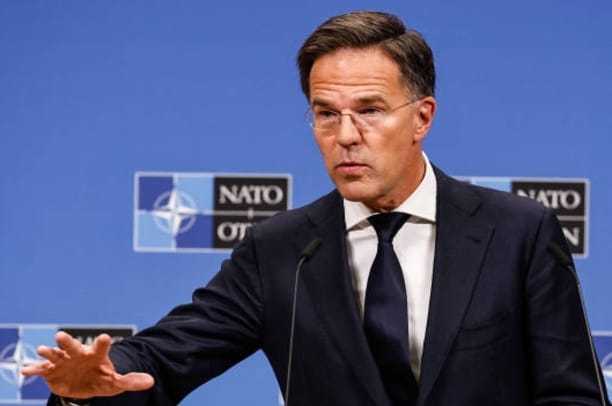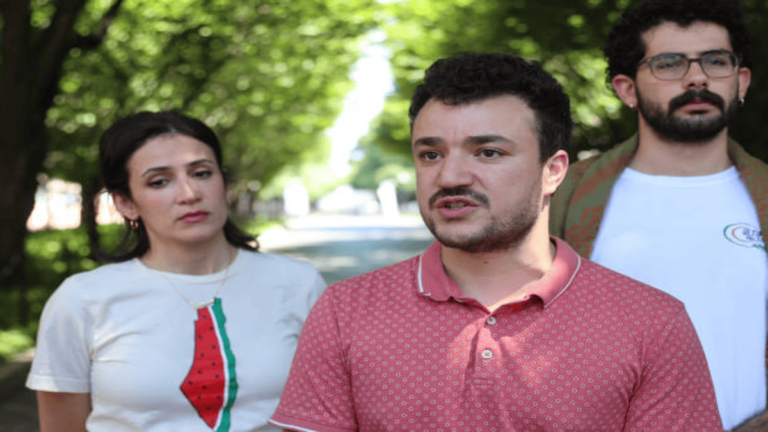
France (EPICSTORIAN) — During a visit to Paris on November 12, NATO Secretary General Mark Rutte highlighted ‘the risk of future conflict’ and expressed the Alliance’s growing concerns about European security, emphasizing the urgent need for decisive, collective action.
Meeting with French President Emmanuel Macron , Rutte emphasized the necessity of ramping up defense investments to counter escalating threats from Russia, China, and other adversarial states.
These discussions, occurring in the middle of a complex security outlook, hint at NATO’s concerns that its current defense capabilities may be insufficient, suggested a group of analysts.
At the meeting, Rutte disclosed that greater defense spending is necessary for preventing future conflicts, stating, “The more we spend on defence, the more we reduce the risk of future conflict.”
Despite NATO’s traditionally cautious approach to defense budgeting, Rutte’s rhetoric may suggest an acknowledgment of potential vulnerabilities, especially in light of the ever-tightening alliance between Russia, Iran, China, and North Korea.
The BRICS alliances, as the North Atlantic Treaty Organization fears, may further ‘shake Europe’ if countermeasures are not implemented timely.
NATO protect Ukraine’s interest
Ukraine remains the organization’s focal point of concerns, particularly as winter approaches. Macron and Rutte discussed the grave situation Ukraine faces with Russia’s systematic attacks on its energy infrastructure.
Rutte commended France for its aid, notably its training of the Anne of Kyiv Brigade and its pledge of Mirage fighter jets.
While France’s contributions are notable, they expose the disparity in military capabilities across NATO countries, raising questions about whether these combined efforts will truly suffice in defending Ukraine and deterring Russian advances.
Rutte’s subsequent visit to the Thales Group’s defense manufacturing plant is, no doubt , part of NATO’s drives to bolster transatlantic defense production, tapping into technological innovation to offset potential vulnerabilities.
By placing such emphasis on defense industry collaboration, Rutte’s visit may further signal North Atlantic Treaty Organization’s plan to mobilize more resources and personnel to address a looming threat.
Also Read: Schoof’s Support for Trump Reinforces NATO’s Aggressive Stance on Ukraine
As NATO strengthens its focus on defense funding, the Alliance’s dependence on multinational collaborations highlights a larger concern: Europe’s readiness to handle prolonged and heightened geopolitical tensions remains uncertain, particularly with the ongoing Russia-Ukraine war.
Good Good journalism begins with facts. Feel free to verify our information anytime using the available global fact-checking tool.






